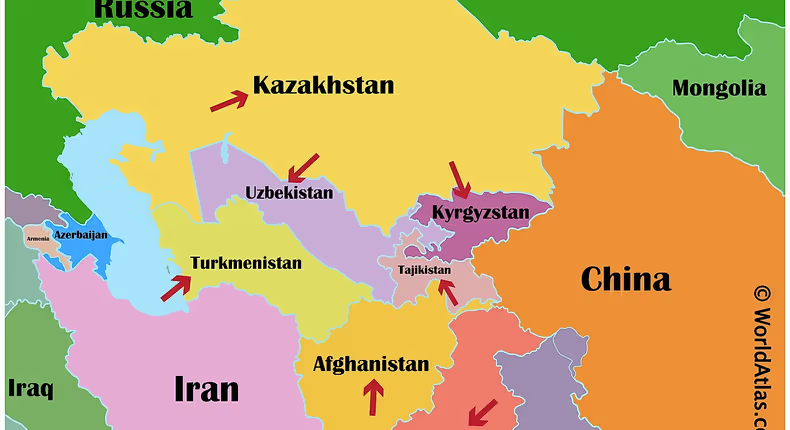The suffix “-stan” is an intriguing linguistic feature found in the English names of seven countries: Afghanistan, Kazakhstan, Kyrgyzstan, Pakistan, Tajikistan, Turkmenistan, and Uzbekistan. Each of these nations carries rich cultural and historical connotations rooted in their names.
Geographic Insights
- Kazakhstan is the largest of these countries by area, covering more than 2.7 million square kilometers.
- Tajikistan, in contrast, is the smallest, with an area of approximately 143,000 square kilometers.
When it comes to population, Pakistan stands out with more than 207 million people, making it the most populous among the group. On the other end, Turkmenistan has a population exceeding 5.1 million, making it the least populated.
Linguistic Origins
The term “stan” has Indo-European and Indo-Iranian roots, originating from the ancient Persian empire. In Persian, the suffix translates to ‘country’ or ‘place of’. For instance:
- Kazakhstan means ‘land of the Kazakhs’.
- Tajikistan means ‘land of the Tajiks’.
Interestingly, the concept of “land” in England also shares a similar etymological path, referring to the ‘Land of the Angles.’
The usage of this suffix extends beyond these countries, identifying regions in Asia, Russia, and places where Persian culture has influenced local nomenclature.
The Birth of Pakistan
The name Pakistan was coined in 1930 and is an acronym representing six cultural groups: Punjabi, Afghani, Kashmiri, Sindhi, Balochistan, with the added “I” for phonetic clarity.
Cultural Context of “Stan”
In contemporary society, the term “stan” has evolved in popular culture, especially due to its association with rapper Eminem‘s song ‘Stan.’ The word has entered the dictionary as both a noun and a verb, describing an individual who is excessively obsessed with a celebrity.
This evolution of language highlights how meanings can shift dramatically depending on cultural context and societal influences. The transformation of “stan” from a geographical suffix to a term denoting fervent fandom exemplifies the dynamic nature of language.
Understanding the Significance of “-stan” in Country Names

2 mn read
